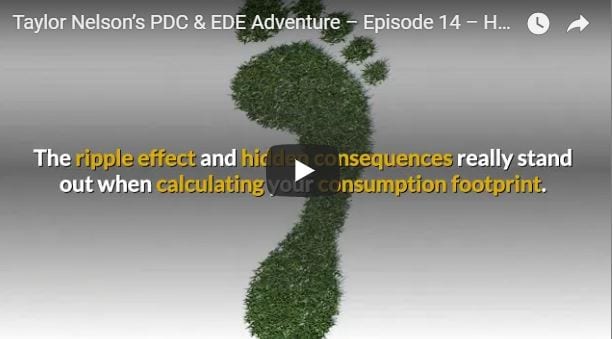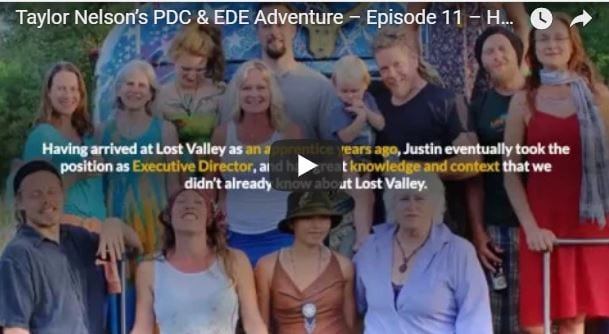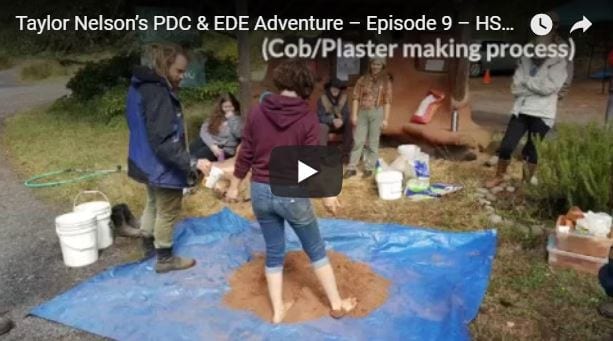HSS Week 7
Coming off the mid-program break, this week was also jammed pack, but on the back-end of the week.
Classes started off with Brian teaching us about animals, aquaculture and pest management in permaculture. We specifically went over to the duck and chicken pen and discussed their inputs vs outputs, pros vs cons, and why they are the only livestock onsite. (Lost Valley previously had sheep, but they constantly escaped. Also honey bees, until a bear came through and demolished the hives.)






